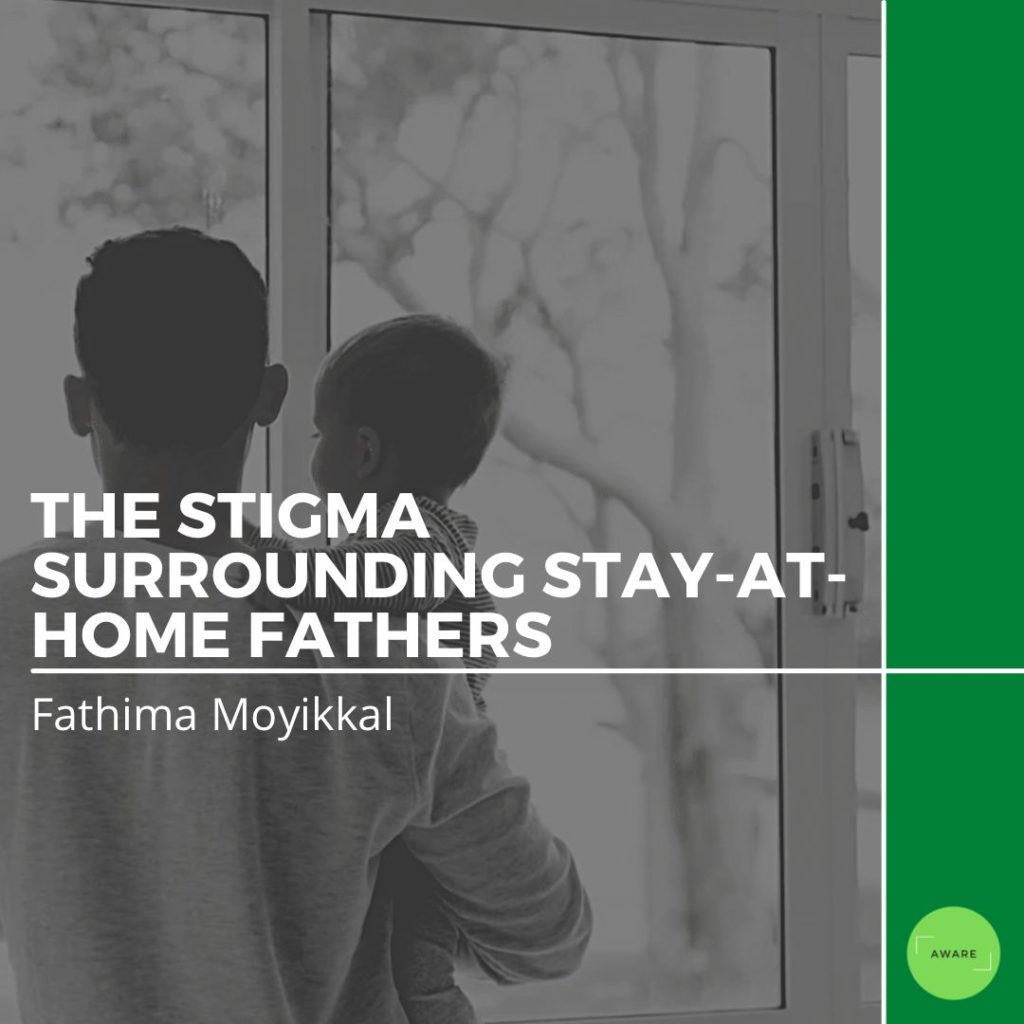As the world keeps evolving, our perceptions of gender norms and gender roles also tend to change. However, whether we accept them or not is a different question. One of these changing concepts of gender roles is the rise of stay-at-home fathers. The number of stay-at-home fathers has increased in number in the past decades. More than ever, more men are becoming involved in household work, unlike their ancestors. They are also more actively engaged in the lives of their children than in the past decades. Nonetheless, there is a stigma surrounding being a stay-at-home father that is discriminating against and discouraging men from taking up such a parental role.
Mothers Know Best
According to the data published by Pew Research Center on American families, about 50% of mothers believe that mothers do a better job at caring for children but less than 8% of fathers believe the same. Additionally, more than 25% of parents believe that it is more important for children to bond with their mothers than with their fathers. These survey results reveal the pre-existing perception of what “ideal” family roles should look like in many individuals.
The general perception of mothers being the best for caring for children or those stay-at-home fathers are all pedophilesmake it harder for stay-at-home fathers to continue their role. Even though people give more appreciation to fathers than mothers for being minimally involved in the lives of their children such as by playing in the playground or dropping them off at schools, the narrative changes when it is a full-time stay-at-home father. No matter how much progress has been made in the past few years in gender equality, women are still seen as the best for taking care of the household and raising children, while men, on the other hand, are not competent enough.
“He Is Unemployed”
One of the main misconceptions about stay-at-home fathers is that they are unemployed or cannot find a job, so they decided to take care of the children. Being a stay-at-home father is a choice that people make and is not a consequence of being unemployed. Even though unemployment may be a factor, it does not always dictate the choice of having the father be the main caretaker.
Labor laws around the world are very discriminatory towards maternity leave but even more towards paternity leave. Some employers do not even grant a day of paternity leave. Employers often do not think that fathers deserve to leave for engaging in the life of their newborn babies. The male employees who do request paternity leave are seen as weaker, which also puts them at a higher risk of being penalized or even let go during downsizing.
“He Is not Masculine”
Masculinity is another stigma stay-at-home fathers face. Raising children and taking care of the house is not seen as a masculine job. Many people believe that it is not the job of a man, but rather that of a woman, to take care of the problems of the house. Women are also blamed for any challenges in their households. There is nothing in the job of taking care of the household or taking care of children that makes it feminine or masculine. Many stay-at-home fathers reveal that they find it difficult to make social connections with other stay-at-home parents. Stay-at-home mothers feel more comfortable connecting with another mother than a father and that leads to stay-at-home fathers feeling isolated.
Changed Perspective
Our perspective of stay-at-home fathers needs to change if we want to advance gender equality. Being a stay-at-home father is not a crime, and it is a choice that many fathers nowadays want to become. The same way we support mothers taking more positions in the workforce, we should also support fathers taking the main caregiver role in a family.
